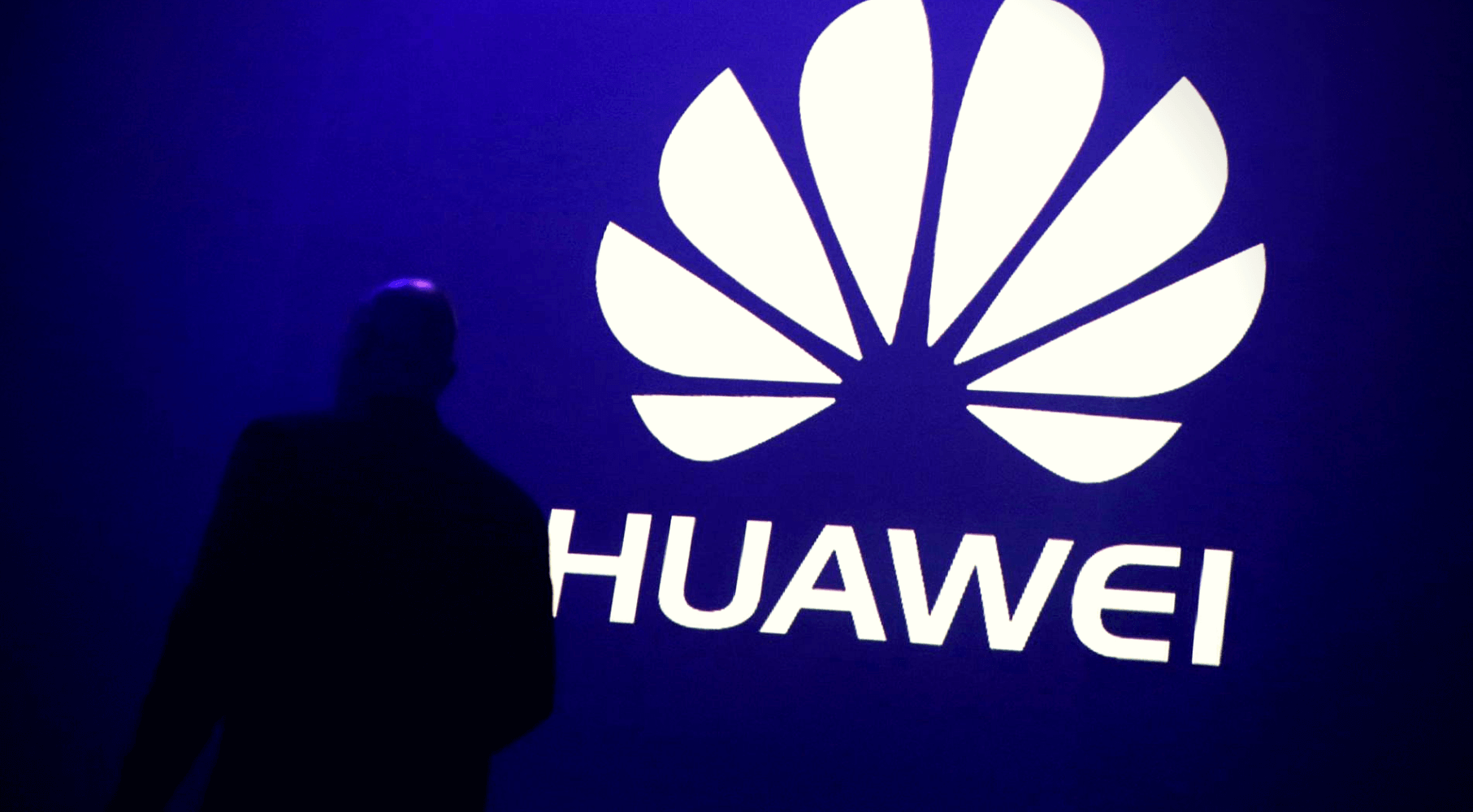 There are plenty of reasons why intelligence professionals are alarmed by Huawei’s involvement in our 5G networks, particularly, the close relationship between Huawei and a Chinese government with a history of cyberespionage, writes Richard Fadden.
There are plenty of reasons why intelligence professionals are alarmed by Huawei’s involvement in our 5G networks, particularly, the close relationship between Huawei and a Chinese government with a history of cyberespionage, writes Richard Fadden.
By Richard Fadden, January 21, 2019
If the current brouhaha between Canada and China holds a lesson for Canadians, it is that China is willing to take extreme measures to guard its national interests.
In recent days, we have seen a Canadian, Robert Schellenberg, sentenced to death by a Chinese court in a hasty retrial for a drug smuggling offence. The sentence, which has been characterized as “arbitrary” by Prime Minister Justin Trudeau, seems clearly intended as retaliation for the recent arrest in Vancouver of Huawei executive Meng Wanzhou on charges related to the violation of sanctions on Iran. Allies such as Australia and the United States have issued statements condemning the death sentence.
With at least two other apparently innocent Canadians detained by China in relation to the Meng case, China’s ambassador to Canada, Lu Shaye, seems to be doing everything in his power to escalate this tense situation with regular missives accusing Canada of “backstabbing,” “white supremacy,” and “mocking and trampling the rule of law,” when, of course, Canada was simply upholding the rule of law by arresting Ms. Meng on a U.S. warrant in accordance with our extradition treaty with the United States.
Mr. Lu has gone on to warn Canada that there will be undefined “repercussions” if the Canadian government follows the advice of many in the security field, myself included, and bans Huawei from participating in the development of Canada’s 5G network. Public Safety Minister Ralph Goodale has responded that such threats will not have any bearing on Canada’s ultimate decision.
Indeed, far from deterring Canada from acting to protect its national security, the Chinese government’s response should stiffen Canada’s resolve. The government should announce sooner, rather than later, that Huawei will be banned.
If China would resort to putting Canadians to death to defend its corporate national champion, what might it do if the Chinese Communist Party had unfettered access to Canada’s vital communications networks? The ambassador and the Chinese government have implicitly acknowledged the strategic importance of Huawei, and they have revealed how quickly the Chinese charm offensive in Canada can switch to aggression and bullying.
Meanwhile, the evidence for banning Huawei from 5G continues to pile up. Poland’s Internal Security Agency has arrested and charged a Huawei employee with espionage. And recent news media reports reveal U.S. authorities are pursuing a criminal investigation of Huawei for stealing trade secrets of U.S. firms.
Our allies have got the message. New Zealand, Australia and the United States have already announced they will ban Huawei from participating in their next-generation mobile data networks. Britain has not yet formally banned Huawei, but its main telecom company, BT Group, has announced it will be stripping Huawei from its 3G and 4G operations and banning it from its 5G network. The director of Britain’s MI6 Alex Younger has even gone on the public record raising the issue of whether they’d be “comfortable with Chinese ownership of these technologies.” Taiwan, Japan and countries in Europe are also getting cold feet on Huawei.
There are plenty of reasons why intelligence professionals are alarmed by Huawei’s involvement in our 5G networks, particularly, the close relationship between Huawei and a Chinese government with a history of cyberespionage. Add the fact that China’s 2017 National Intelligence Law gives Beijing the power to compel Huawei’s support for its intelligence work, and it should be a clear-cut case.
Denying Huawei participation in our 5G network is not a rejection of engagement with China. There is no option to not engage with China, which is an emerging superpower with no real counterweight in the West, thanks to an unpredictable U.S. administration. The current spat will be resolved not through public exchanges but through back channels, perhaps through an interlocutor. But in the meantime, Canada cannot be deterred from defending its interests by strong words from Beijing.
“No one is in a position to dictate to the Chinese people what should or should not be done,” Chinese President Xi Jinping remarked during a speech last month in Beijing. The same holds true for Canada and should apply for all countries. And it means that Canada’s government should ignore the threats and ban Huawei from Canada’s 5G networks to protect the security of Canadians.
Richard Fadden is former national security adviser to the Prime Minister. He is a member of the Macdonald-Laurier Institute’s advisory council on national security.




